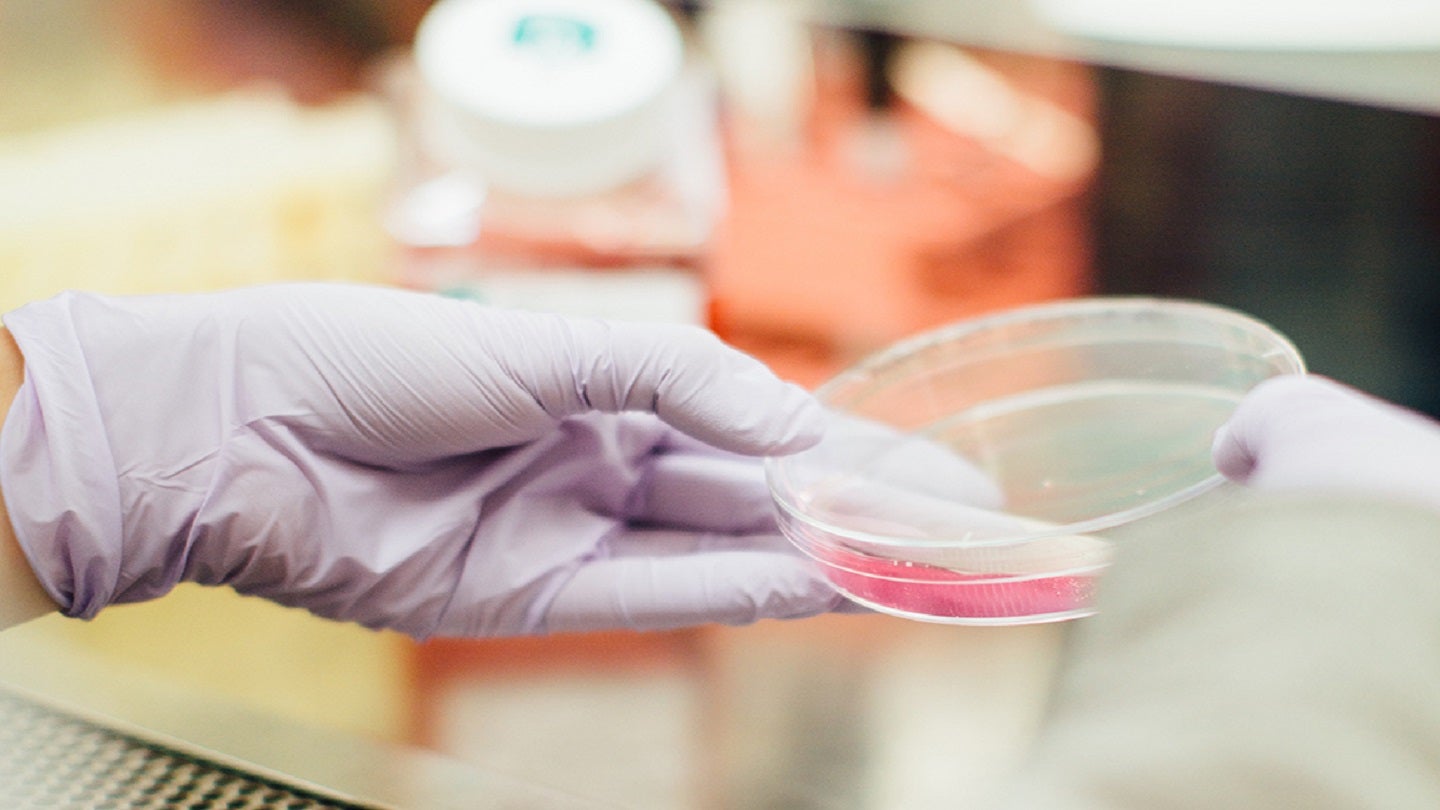

Scientists at the Northwestern University in Illinois, US, have discovered a non-invasive approach to isolate a tumour’s attack cells from blood, rather than from tumours.
The finding is expected to pave the way for adoptive cell therapy (ACT) to treat harder-to-reach cancer types. ACT harnesses immune cells collected from the patient’s own tumours to treat cancer.

Discover B2B Marketing That Performs
Combine business intelligence and editorial excellence to reach engaged professionals across 36 leading media platforms.
The finding was made as part of a study published in the journal Nature Biomedical Engineering. The study focuses on the isolation of tumour-reactive lymphocytes from peripheral blood via microfluidic immunomagnetic cell sorting.
Northwestern University Feinberg School of Medicine biochemistry and molecular genetics professor Shana O Kelley said: “We started asking questions about whether the immune cells that go into tumours come back out, and if you could find them in the bloodstream.
“We didn’t know if we’d be able to find them or if we could see enough of them to even study them. Sure enough, they’re in the blood. This is the first time these cells have been studied in this context.”
Kelley is the corresponding author of the paper. A previous study, which she led, was published in the same journal last year. The team treated mice with their own immune cells gathered from tumour tissue. This study demonstrated a dramatic shrinkage in tumours, compared to traditional cell-therapy methods.

US Tariffs are shifting - will you react or anticipate?
Don’t let policy changes catch you off guard. Stay proactive with real-time data and expert analysis.
By GlobalDataScientists removed and processed melanoma tumours, and found tumour-infiltrating lymphocytes (TILs) within them. But removing tumours to harvest TILs may prove risky, as it eliminates the path to harness ACT to fight cancer.
The team found that circulating tumour-reactive lymphocytes have the same ability as TILs to kill tumour cells.
Kelley added: “Engineering-based tools allow you to do things that open up new areas of biology. We could see using the platform at any major medical centre, so you could reach a significant number of patients.
“The platform we use to capture cells is very fast, which brings the cost down, and medical centres are comfortable handling blood.”
Kelley founded a new health tech startup, CTRL Therapeutics, which has secured seed financing worth $10m in a separate development. The funding round was led by General Catalyst and also included FACIT and Intermountain Health.
CTRL Therapeutics will file an application with the US Food and Drug Administration (FDA) to advance the new platform into clinical trials.
Cell & Gene Therapy coverage on Pharmaceutical Technology is supported by Cytiva.
Editorial content is independently produced and follows the highest standards of journalistic integrity. Topic sponsors are not involved in the creation of editorial content.

